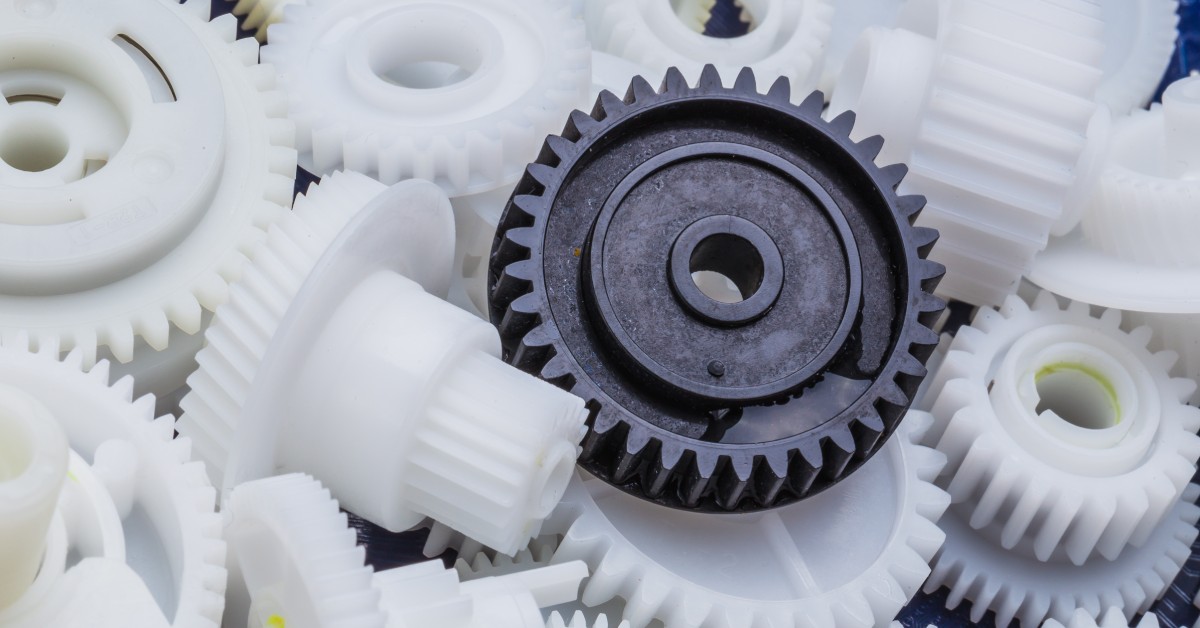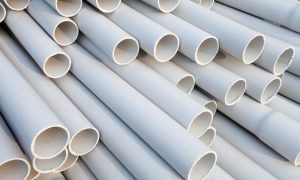Plastic machining requires precision and expertise. This process involves shaping plastic into different forms, and it comes with difficulties. We’ll cover some plastic machining challenges and common approaches to overcoming them.
Precision and Accuracy
Achieving precision and accuracy is a big challenge in plastic machining. Plastics can be more flexible and prone to warping than metals. To counter this, machinists use specialized tools and techniques. They employ slow cutting speeds and sharp tools to create clean cuts without distortion.
Material Selection
Choosing the right plastic material is another common challenge. Plastics come in various types with unique properties. Some are brittle, while others are flexible. Machinists must match the material to the intended application. For instance, they may choose polycarbonate for its strength and transparency, while nylon is ideal for its wear resistance. Miller Plastic Products can create custom plastic products to suit your needs.
Heat Management
Heat buildup during machining is an issue. Excessive heat can cause plastics to melt or deform. A common approach to overcoming this plastic machining challenge is using coolant systems to dissipate heat. Additionally, machinists will take breaks between cuts to allow the material to cool down. This prevents heat-related damage and ensures the final product’s integrity.
Surface Finish
Achieving a smooth surface finish is crucial in plastic machining. Rough surfaces can lead to stress concentration and potential failures. To tackle this issue, machinists use fine-grit sandpaper or polishing compounds. Techniques like buffing and flame polishing are also useful to achieve a glossy finish on plastic parts.
Tool Wear
Tool wear is a common problem due to the abrasive nature of some plastics. Regular maintenance and tool replacement are essential to maintain machining quality. Many machinists prefer carbide tools for their durability. By monitoring tool wear closely, machinists can prevent subpar cuts and work consistently.
Tolerance Control
Maintaining tight tolerances is very important in plastic machining. Even slight deviations can lead to part malfunction. Machinists use precision measuring instruments to check dimensions. They also make adjustments on the fly to guarantee every part meets the specifications of the job.
Chip Removal
Efficient chip removal is necessary to prevent clogging and overheating. Some plastics produce long, stringy chips that can wrap around the tool. Machinists use high-pressure air or coolant to clear chips. This ensures smooth operation and reduces the risk of tool breakage.
Mastering plastic machining challenges requires a combination of expertise, advanced techniques, and careful material selection. Miller Plastic Products can assist you by providing the plastic solutions you need for your most difficult machining challenges.




